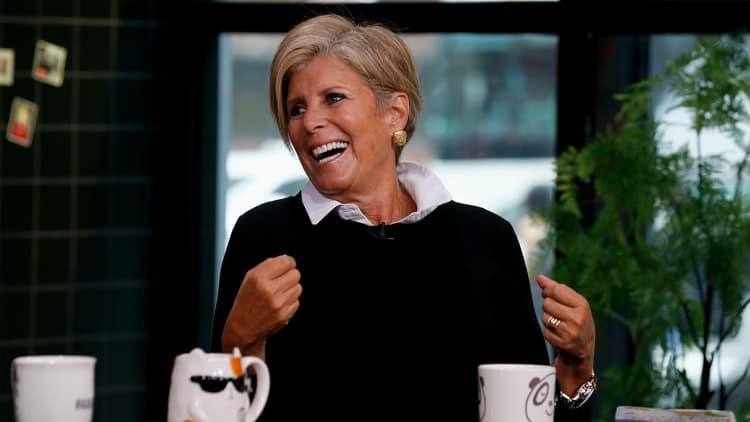Kamala Harris made history on Tuesday as the first Black woman and the first Asian American to be selected as a the vice presidential candidate for a major party in the U.S., when presumptive Democratic presidential nominee Joe Biden announced her as his running mate.
Harris, 55, who is the daughter of immigrants — her father is Jamaican and her mother is Indian — has been leading as a public servant for decades: She was the district attorney of San Francisco and the attorney general of California before becoming a California senator in 2017.
In her 2019 memoir, "The Truth We Hold," Harris describes her leadership style as "sweating the small stuff" and "embracing the mundane" to create big change.
While good leadership requires "vision and aspiration" and bold ideas to move people to action, "it is often the mastery of the seemingly unimportant details, the careful execution of the tedious tasks, and the dedicated work done outside of the public eye that make the changes we seek possible," she writes.
It "means making sure that our solutions actually work for the people who need them," Harris says.
Such attention to detail is especially needed in politics to tackle big issues, she says.
"Politics is a realm where the grand pronouncement often takes the place of the painstaking and detail-oriented work of getting meaningful things done," she writes.
Harris uses the case of Corinthian Colleges as an example of sweating the small stuff: In 2016, while she was attorney general of California, Harris' office sued Corinthian, one of the largest for-profit college chains in the nation, for defrauding students. When the government won the case, a judge ruled that Corinthian had to pay back to students more than $1.1 billion.
But in order for students to get their money back or transfer to another school, they needed to complete some "complicated" paperwork, Harris writes in "The Truth We Hold." "We had prevailed in the case, but the students wouldn't actually receive the benefit of the financial relief unless they could navigate the bureaucracy."
That mundane detail would have very real consequences for students, so Harris says her office created a step-by-step website to walk students through the complex process. And throughout the development of the website, Harris says she would try to navigate the system herself — if she hit a snag, the developers would go back to the drawing board.
"If I don't understand it, how will the students?" Harris writes.
It's a leadership style for which Harris hat tips Bill Gates and his work with the Bill and Melinda Gates Foundation to end world hunger.
Gates, Harris writes in her memoir, is obsessed with fertilizer, to the point where he talks about it at cocktail parties (perhaps to other guests chagrin). So what does that have to do with leadership?
What Gates understands, according to Harris, is that there "is a big difference between announcing a plan to end world hunger and actually ending it." To really put an end to it, one needs to focus on the "seemingly mundane details like fertilizer, weather patterns and the height of wheat." (Harris writes that "40% of people on earth owe their lives to higher crop outputs that were made possible only because of fertilizer," according to Gates.)
Harris' point is simple and important for any leader, she says: "You have to sweat the small stuff because sometimes it turns out that the small stuff is actually the big stuff."
CNBC Make It is NOW STREAMING on Peacock. Find our original programming in the Channels section.
Don't miss:
Why Hillary Clinton was dubbed the 'Golden Girl' in college
Michelle Obama: Why going 'high' when faced with a challenge is so important to her



